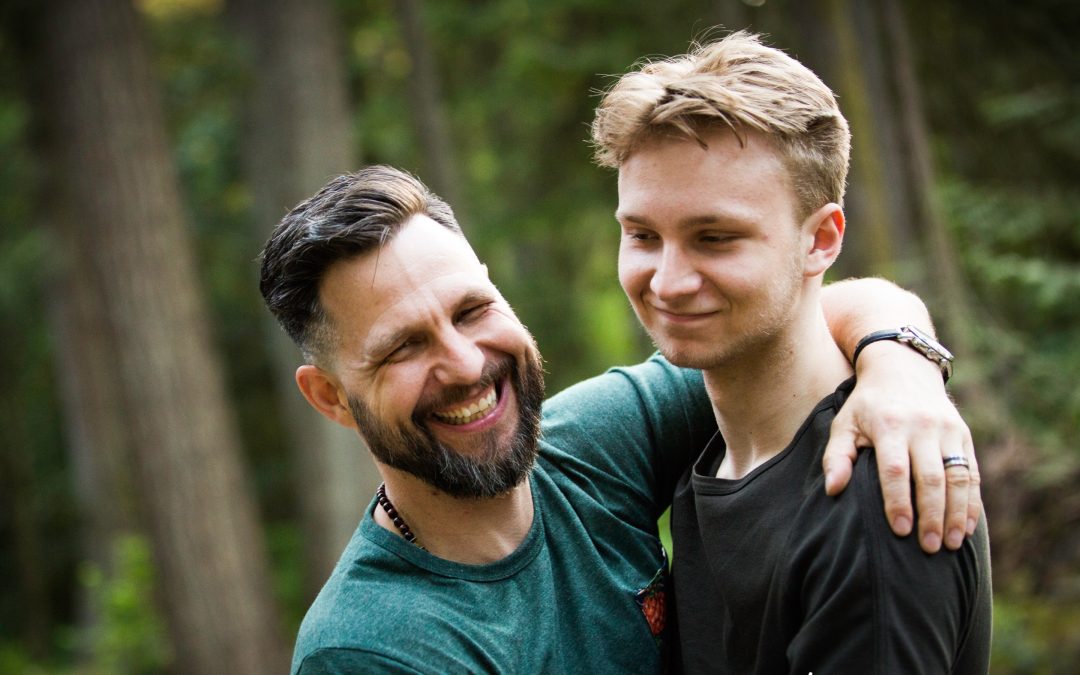Recently, Craig Wanless gave a talk exploring the importance of relationships as they pertain to youth, Beyond Behaviours- What our Youth Really Need from Us. Afterwards, those in attendance had great questions, and a wonderful discussion emerged. One person wanted to speak more about the idea of discipline. In specific, how do we work to correct problematic behaviours?
Discipline should never be about making them feel bad; the very word itself means to learn. So discipline should be about building empathy and responsibility in the youth so they can grow and learn from it.
Yes, he said to grow from it!!
The idea is simple: Before correcting your young one, take time to connect with them.
Mistakes will happen; that’s a fact, and real teaching happens when mistakes are made. In today’s society, if a mistake is made, we tell them they’ve done the wrong thing, yet when a mistake happens, we are given valuable information about what we need to be teaching. It gives those who are paying close enough attention insight into what they need to learn, and so, in that sense, it’s an important rite of passage to make mistakes and should be honored. When we fail to recognize that many behaviors are actually the body’s response to stress, meaning they’re not intentional, we waste so much time and energy on strategies designed to help them logically connect thoughts, emotions, and behaviour’s when they simply can’t…. Yet.
Those behaviors stem from the activation of the sympathetic nervous system (fight/flight); they are a person’s adaptive response to stress. Using punishments, like withdrawing love and connection or a blame and shame, only adds stress to an already activated nervous system. Connect, create a safe emotional space, and build a stronger relationship. It’s only thing that really works and stand the test of time.
The means we need to understand how we feel and be responsible about the feelings. The most empowering thing you can do for your wellbeing and maturity is to allow yourself the freedom to fully feel. Learn to lean into your feelings and listen to what they have to say at the moment you’re having them.
These days many young people often crave fame and fortune believing happiness lay within its promises. Interesting fact, 75-years ago, many of the men who participated in Harvard’s longitudinal Study of Adult Development did too. What they found was that the quality of these men’s relationships is what made life worth living. “…Over these 75 years, our study,” explains director Dr. Robert Waldinger, “has shown that the people who fared the best were the people who leaned into relationships with family, friends, with community.”
So lean into your relationships. Give yourself the time to process through things. Before you judge or try to change anything about the given situation, observe, listen, and become radically curious about what you don’t know. Write down what you feel. Converse. Your feelings are how you communicate with yourself and others. The only thing that really works to influence change in relationships, is the quality of it, and the quality of your connection with others is what will determine your happiness!

